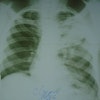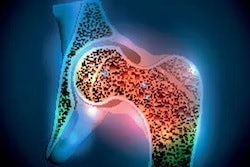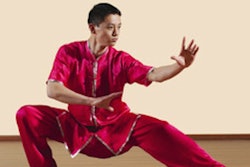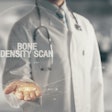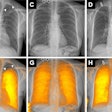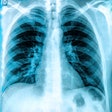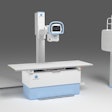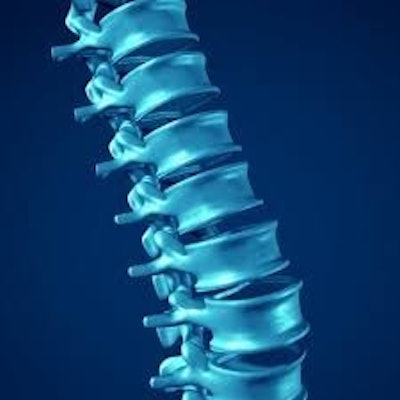
Bone scans reveal that Tai Chi Rouli Ball could be a viable non-pharmacological approach for preventing osteoporosis in perimenopausal women, according to a study published May 14 in the Journal of Clinical Densitometry.
A group from the First Affiliated Hospital of Xi'an Jiaotong University in China used dual-energy x-ray absorptiometry (DEXA) scans to show that the traditional Chinese sport increased bone density and bone mineral content in various body parts.
“This activity, which encapsulates the essence of Chinese martial arts and embodies the philosophy of Yin and Yang, has been gaining momentum and recognition worldwide,” wrote first author Aili Xin, of the university’s department of nursing.
Perimenopause is associated with a decline in estrogen levels, leading to decreased bone mineral density (BMD) and altered bone metabolism, which increases the risk of osteoporosis, the authors explained. Tai Chi Rouli Ball is thought to have beneficial effects on physical health, yet its impact on bone health in perimenopausal women has not been studied, they noted.
To elucidate the potential effects of the sport on bone health, the group enrolled 52 perimenopausal women between the ages of 45 and 55 from community senior centers. Participants were split into two groups: 27 participants who participated in Tai Chi Rouli Ball exercise for an hour three times a week for a period of six months and 25 who did not receive any intervention.
Baseline assessments on DEXA scans of bone density, bone mineral content (BMC), and bone metabolism markers, including estrogen levels, were performed, as well as at the conclusion of the study period.
Post-intervention, the Tai Chi Rouli Ball group showed a significant increase in spine bone density and BMC in the whole body, the trunk/torso, and spine, compared to the control group. In addition, the scans showed that bone metabolism indicators also improved in the intervention group, with increases in estrogen and a decreases in follicle-stimulating hormone and luteinizing hormone, according to the findings.
Also, calcium levels showed a significant increase , while other markers like alkaline phosphatase, phosphorus, and magnesium had non-significant changes, the group noted.
“Tai Chi Rouli Ball exercise may positively influence bone health by improving bone density, BMC, and altering bone metabolism markers in perimenopausal women,” the researchers wrote.
Tai Chi Rouli Ball has been found previously to enhance physical fitness, improve balance and flexibility, and foster mind-body harmony, according to the researchers. This study suggests it also may have potential benefits in maintaining and improving BMD due to the weight-bearing nature of its movements, they added.
“Such interventions are essential not only in slowing down the progression of bone density loss but also in enhancing overall skeletal health during this vulnerable phase of a woman's life,” the group concluded.
The full study can be found here.
